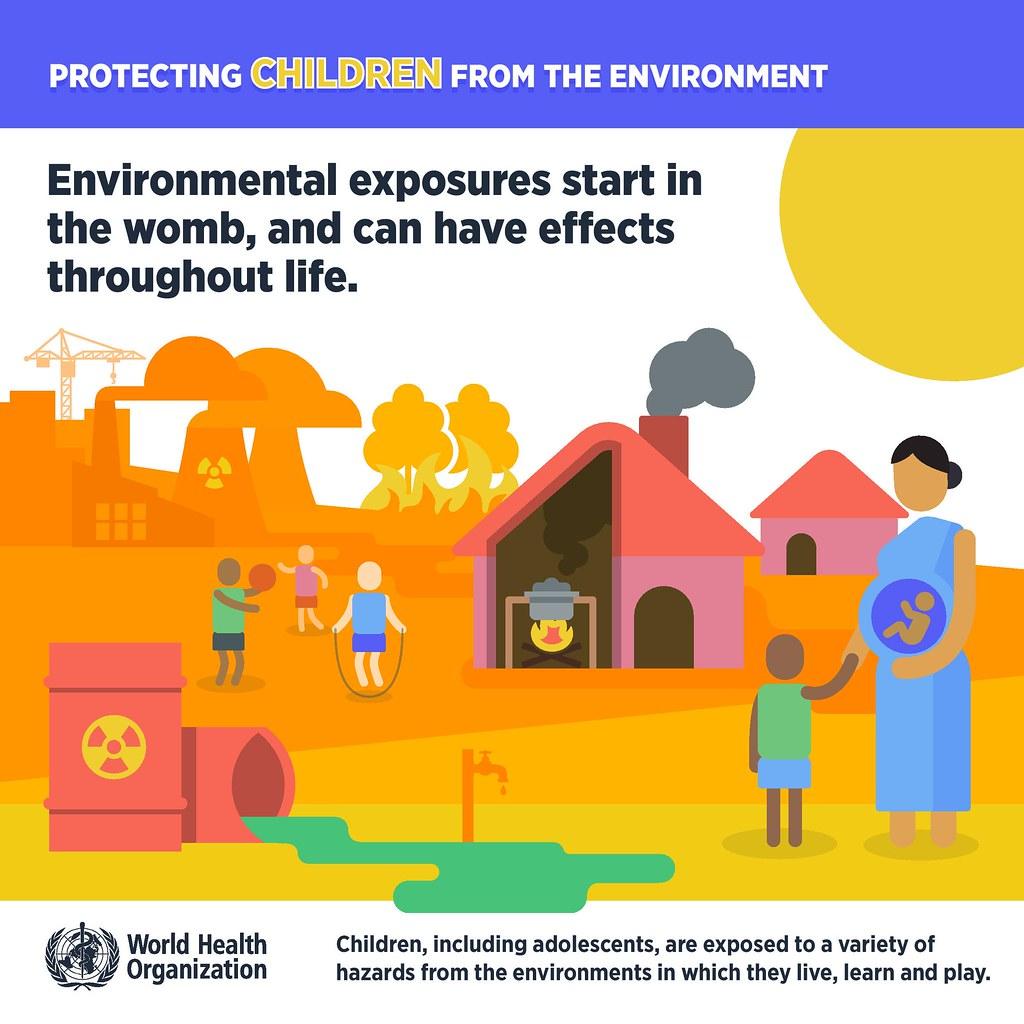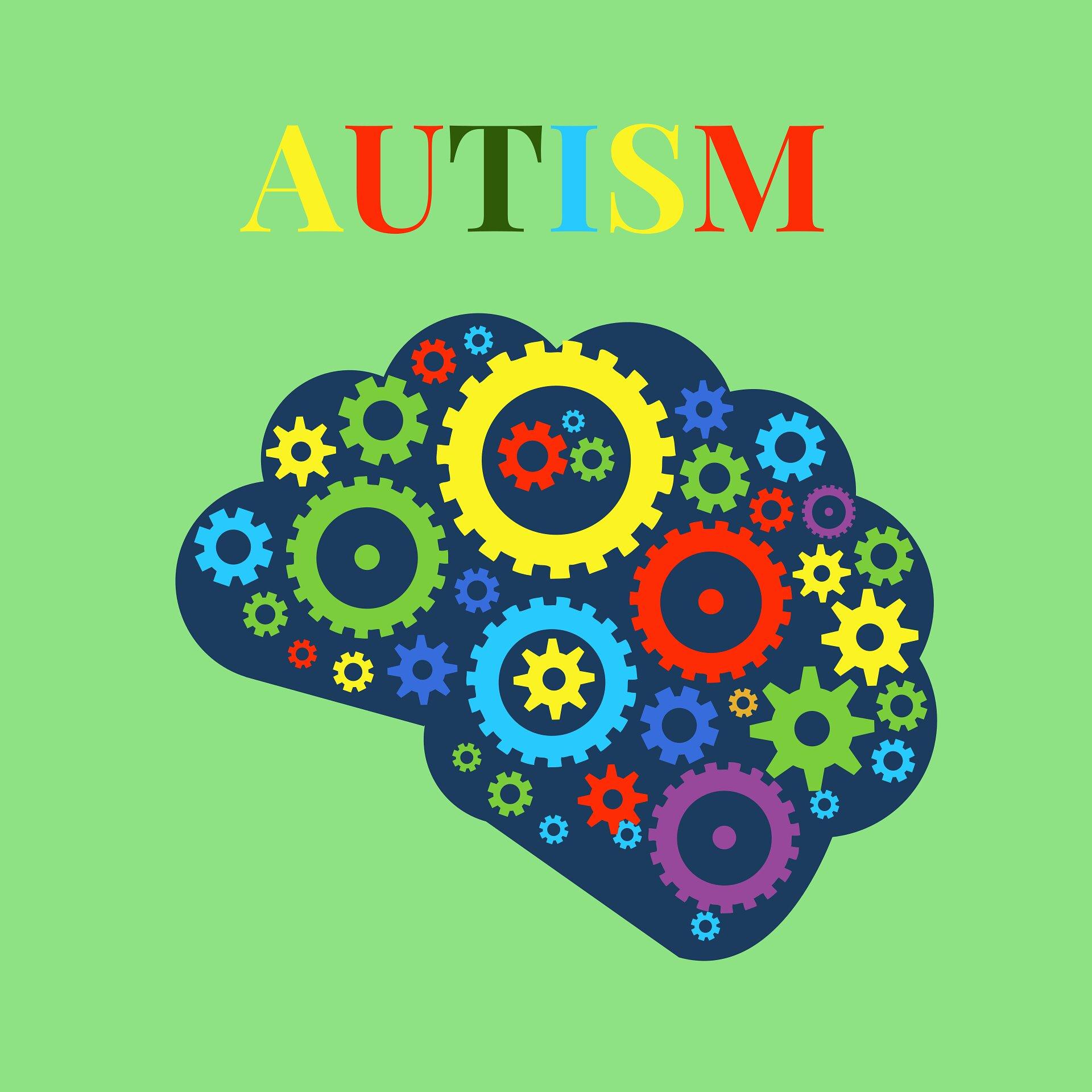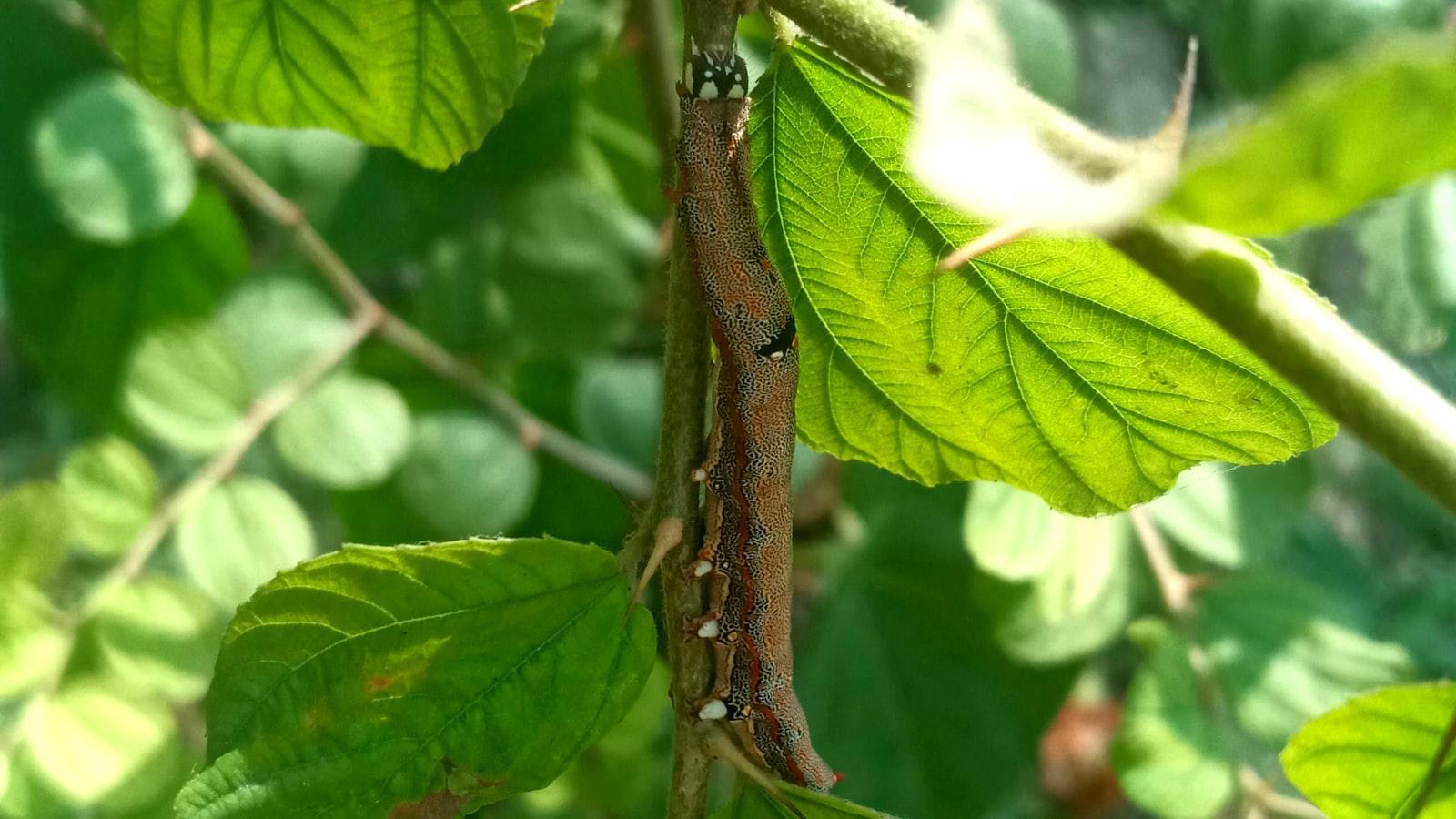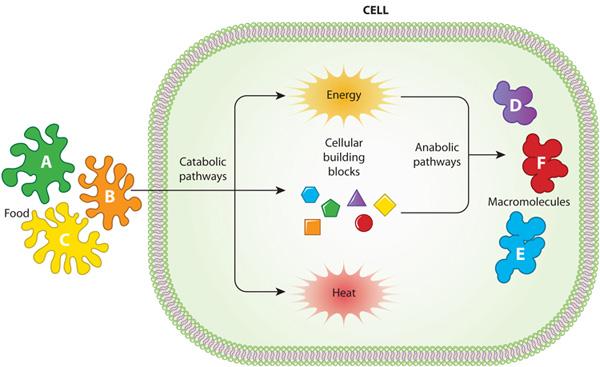In a world where we are constantly bombarded with environmental toxins, parents may hold the key to preventing neurodevelopmental disorders such as autism and ADHD in their children. A groundbreaking new study has revealed that by avoiding toxic exposures, parents can significantly reduce the risk of these conditions in their little ones. Join us as we delve into the fascinating findings that could revolutionize the way we approach child development and healthcare.
The Impact of Environmental Exposures on Childhood Neurodevelopment
Recent research has shown a strong correlation between environmental exposures and childhood neurodevelopmental disorders such as autism and ADHD. The study, published in a prestigious medical journal, found that children whose parents actively avoided toxic substances in their environment were significantly less likely to develop these conditions. This finding highlights the importance of being mindful of the potentially harmful substances that children may be exposed to on a daily basis.
The study also identified several key environmental exposures that were particularly harmful to children’s neurodevelopment. These included pesticides, heavy metals, air pollution, and certain household chemicals. By taking proactive measures to reduce exposure to these substances, parents can help protect their children’s brain health and reduce the risk of neurodevelopmental disorders. This research underscores the critical role that parental actions and decisions play in shaping children’s long-term health outcomes.

Key Findings from the Latest Research on Autism and ADHD Prevention
A recent study has found that parental avoidance of toxic exposures could play a crucial role in preventing autism and ADHD in children. The research, which analyzed data from over 1,000 families, revealed that parents who took proactive measures to limit their children’s exposure to harmful substances were less likely to have children diagnosed with autism or ADHD.
The study also highlighted the importance of early intervention and detection in reducing the risk of neurodevelopmental disorders. Researchers found that children who received early behavioral therapies and interventions were more likely to show improvements in their symptoms and overall cognitive function. These findings suggest that early identification and intervention could significantly impact the long-term outcomes for children at risk of autism and ADHD.

Strategies for Minimizing Toxic Exposures in the Home
Parents play a crucial role in minimizing toxic exposures in the home, which could potentially lower the risk of neurodevelopmental disorders such as autism and ADHD in children. By being mindful of the products they use and the environment they create at home, parents can create a safer space for their children to grow and thrive.
Some strategies for minimizing toxic exposures include:
- Avoiding products with harmful chemicals such as lead, phthalates, and VOCs
- Using natural cleaning products and pesticides
- Purifying indoor air with plants or air purifiers
- Choosing organic food and avoiding processed foods with additives

Empowering Parents to Create Safe and Healthy Environments for Children
Research has shown that parental avoidance of certain toxic exposures could play a significant role in preventing neurodevelopmental disorders such as autism and ADHD in children. A new study has highlighted the importance of creating safe and healthy environments for kids, with a focus on reducing exposure to harmful chemicals and pollutants.
According to the study, parents can take proactive steps to protect their children from potentially harmful substances by:
- Avoiding use of pesticides and herbicides in and around the home
- Opting for organic and non-toxic cleaning products
- Choosing BPA-free plastics for food and beverage storage
- Ensuring proper ventilation in living spaces to reduce indoor air pollution
Concluding Remarks
In conclusion, the findings of this new study suggest that parental vigilance towards avoiding toxic exposures could play a critical role in preventing the development of autism and ADHD in children. By being conscious of the environment in which our children grow and ensuring that they are not exposed to harmful substances, we can potentially help safeguard their neurological health. As further research continues to shed light on the impact of toxic exposures on childhood development, it is important for parents to stay informed and take proactive steps to create a safe and healthy environment for their children. Together, we can work towards creating a brighter, healthier future for the next generation.





